Handling the Holidays, Embracing Change

Photo credit: Valeria Boltneva
We’ve all felt the push-and-pull of the holidays. One impulse is to hold so tightly to “the way we do things” that we try to stop time in its tracks. Another, when the holidays produce stress or challenges for a Loved One, is to turn away completely. Laurie MacDougall reflects that there’s often a loving path between these extremes—but that path requires reflective listening, validating our Loved One’s feelings, and acceptance that some things will change.
Would like some guidance for the holiday season. I understand it’s best to remove myself from the situation when my Loved One is using, but what happens when you are with family or friends and the LO starts drinking/using? Should you leave? What happens if you are there with your kids? What if you would like to stay because they are your family/friends and you’re enjoying yourself?
My second concern is, since the substance use makes my Loved One see everyone as being against him, if I suggest meeting up with a family member or friend, there is usually some reason why this person is unkind or inconsiderate and why we shouldn’t make the effort. How do I respect his concern but still keep my social connections? Do I listen reflectively but then express my need to see our friends/family?
Ahhh, the holiday season: the most stressful season of all!
Some of us (me included) have these heartwarming visions of how the holidays should be. Delicious food, a fire in the fireplace, opening beautifully wrapped, thoughtful gifts, and everyone enjoying one another’s company. But having expectations that everyone will experience the holidays in the same way is a setup for disaster.
The fact is just the opposite, of course: everyone experiences the holidays, and the social gatherings that come along with it, in their own way. There are lots of reasons why someone might experience increased stress and struggle to share in the holiday spirit: mental health conditions and past trauma, just to name a couple. It’s important that we take a step back, consider the needs of everyone involved, and find ways to compromise.
Getting real, getting ready
Here are a few tips on how to reduce the stress that comes with the holidays:
-
Lower or eliminate expectations. Expecting others to like who you like and enjoy the things you enjoy is unrealistic. There are often complex reasons why they experience things differently from you, and it is important to allow them their own way of handling things. My Loved One (LO) has always struggled with the holidays and group settings. I spent years trying to force him to tolerate situations that I thought he should be able to handle. It never, ever went well. It almost always ended in some sort of breakdown. Change did not come until I learned to let go of my expectations of myself, my LO, and everyone else involved.
Consider giving your LO an out whenever they need it. If you’re hosting, maybe they can join the group when they’re ready. Or if they need to take a break for any reason, they can exit and take the space and time they require. Or maybe they don’t attend at all! If others are hosting and you are headed to another house, possibly agree on a time limit for your visit, or have a plan that if gets too overwhelming, you can leave. Be prepared to change up your role in those traditional activities: maybe you don’t go for the for the entire dinner, just dessert and coffee. Or maybe you split up the celebrations and have dinner at home with the immediate family, and dinner out with the extended family.
Include your LO (and other family members) in these decisions about how to celebrate. Consider everyone’s needs; ask how everyone would like to contribute. What tasks would they be okay with taking on? And let go of the expectation that everything will go perfectly. If some of the food is burnt, the gravy has lumps in it, or your LO needs some space because it’s too stressful, let it go. No expectations leads to a calm more relaxed and enjoyable experience.
-
Prepare a plan in advance if you think your LO will drink at a social event outside your home. There are a multitude of possibilities for handling this. You could quietly pack up the family and head home. You could stay and minimize your interaction with your LO, and allow for natural consequences to occur. Let them deal with the fall out of their behavior in the coming days. Whatever you decide, take the time to consider the impact this might have on everyone in your family. How will the kids be impacted if Dad/brother/sister (I am assuming you are talking about your partner, but I may be incorrect) becomes inebriated? Module 6 (My Loved One is Using Right Now, Now What?) includes guidance for removing immediate rewards and allowing for natural consequences—but maybe this isn’t the time to try applying it? Maybe it’s in the best interests of the children to do so at a time that’s less emotionally charged to begin with?
If there is an event you host at home, could this be a time when alcohol is not served? Drinking is often a way for people to connect socially, but when someone is drinking problematically it can have the opposite effect. The person who can’t or shouldn’t partake can end up feeling different and isolated from the group.
-
Remember that nothing stays the same. You might change things up this year, possibly starting some new traditions and letting go of some of the old. But this might not last forever: in the future, you might end up going back to how you celebrated in the past. You might also come to love and hold onto some of the new traditions you create.
The complex challenge of dealing with substance use disorder (SUD) often feels like it will go on forever the same. It won’t. Nothing ever stays the same. You can adjust as needed in the future. Right now, as a family, you need explore different ways to celebrating while also taking care of everyone’s needs at the same time. This will make for a more pleasurable holiday season.
The Magic of Listening
In your post, you state, “the substance use makes my Loved One see everyone as being against him [so] if I suggest meeting up with a family member or friend, there is usually some reason why this person is unkind or inconsiderate.” I’m not so sure it’s the substance use that’s making him feel this way, and I don’t suggest you assume anything. What you know is that your LO is telling you what he is thinking and feeling—so now is the time to really listen. There’s a ton of stigma associated with SUD. Our LO may be getting messages that people are looking down on them. Maybe they’ve been judged or done something in the past that they’re feeling guilty about. Most of us do not understand the huge role that feelings of shame, guilt, isolation, difference, and disconnection play with addiction. When your LO is expressing their thoughts and feelings to you, maybe just listen and validate. This does not mean you agree with them. It’s okay for you to have your beliefs and your LO to have theirs at the same time.
Your part of the conversation might sound something like this:
So, what I’m hearing is that you think they are not considerate, and you get anxious around them and feel isolated. Your thoughts and feelings must be grounded in some experience you had with them, and that’s valid.
Reflectively listening, validating their thoughts and feelings. Again, whether you agree or disagree, that’s going to build trust and strengthen your connection, and both are fundamental to supporting your LO in their journey to recovery. This is all right out of Module 4 (How Do I Talk To My Loved One?).
And after you’ve listened, what about talking to them about a solution? Maybe they spend a small amount of time together with this other person, or maybe you go and meet them alone. You would be amazed at the results of just acknowledging how someone thinks and feels, validating their experience, and then freeing them from situations that are uncomfortable if not painful for them. Whether their anxieties are well founded or not, it helps them to know you empathize and understand. This leads to less feeling of isolation. Healing begins when a person feels heard.
I know this is a lot of information, but I am really glad you wrote in with these questions. We have been going through our How to Cope With the Holidays section in our evening meetings and have been covering these very topics. Your post gave us the chance to touch on some ideas for how to handle the holidays on our discussion blog where many of our members come for solutions. Thank you. I know there are a lot of people from the Allies community who have similar questions.
I hope what I wrote for you is helpful. Please keep us updated on your progress. Wishing you and your family a warm and happy holiday season.
Laurie MacDougall

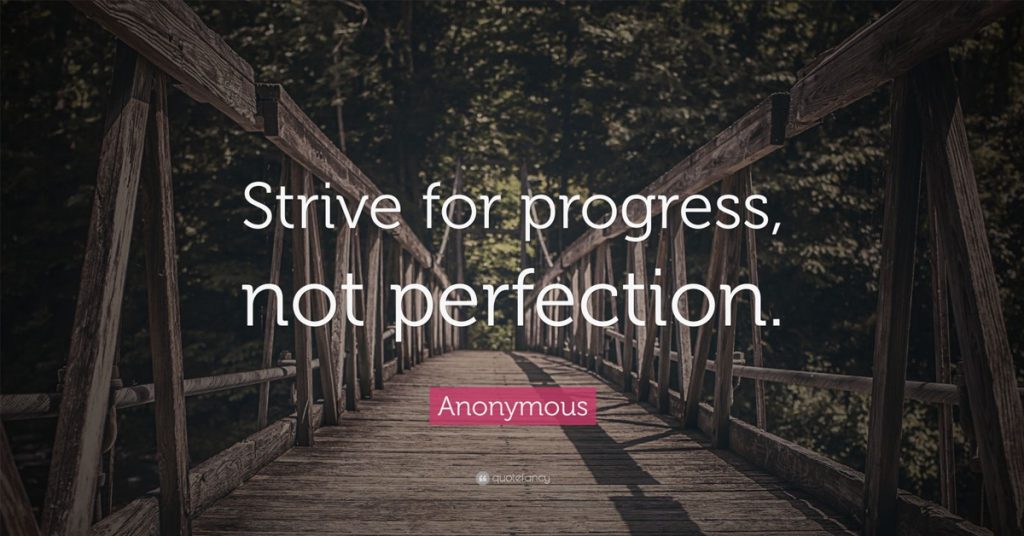




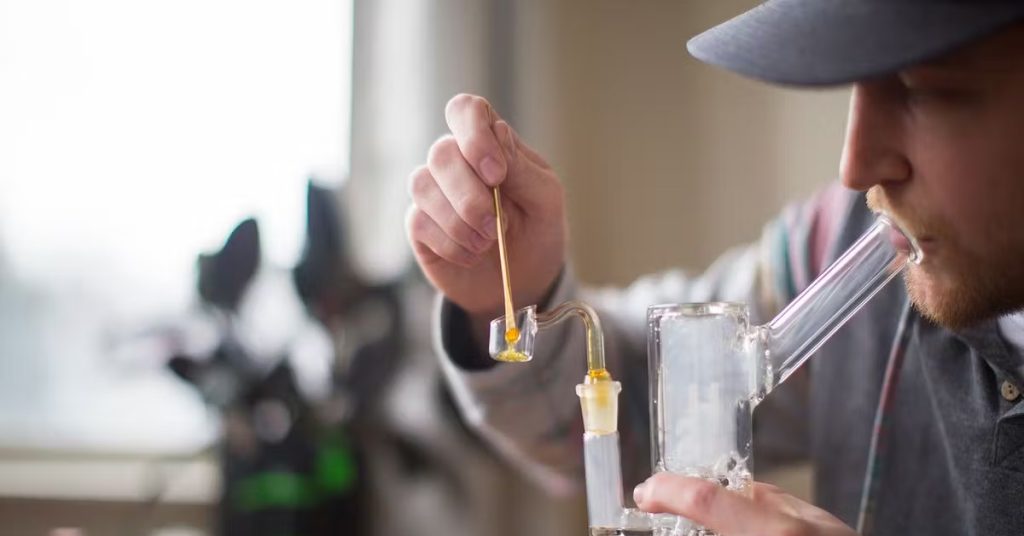


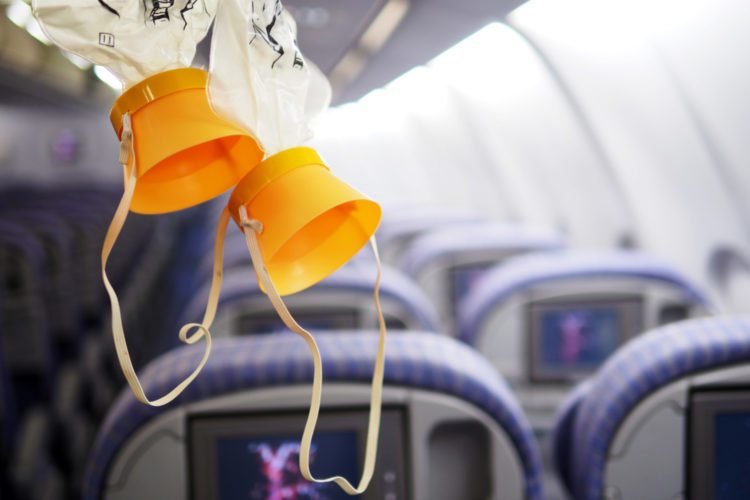
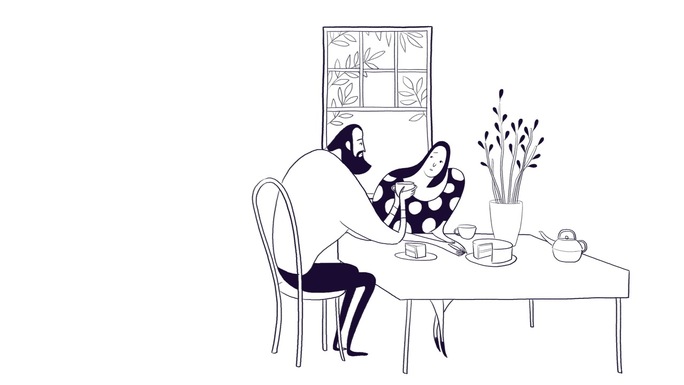
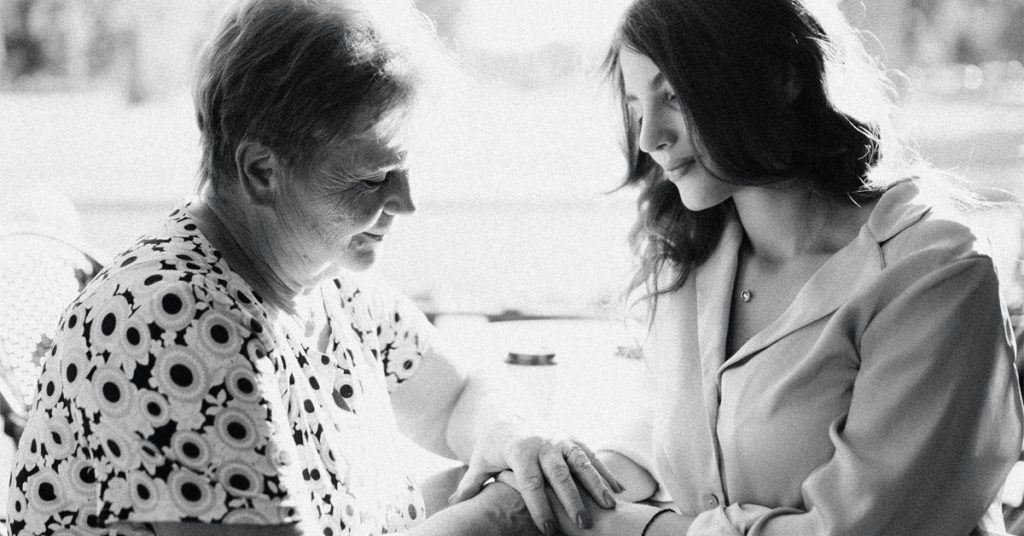


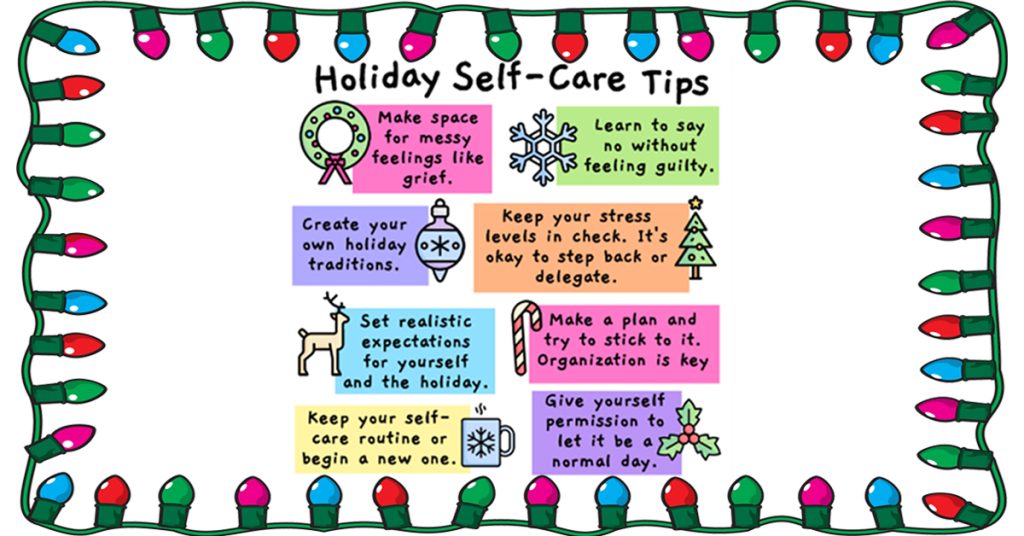







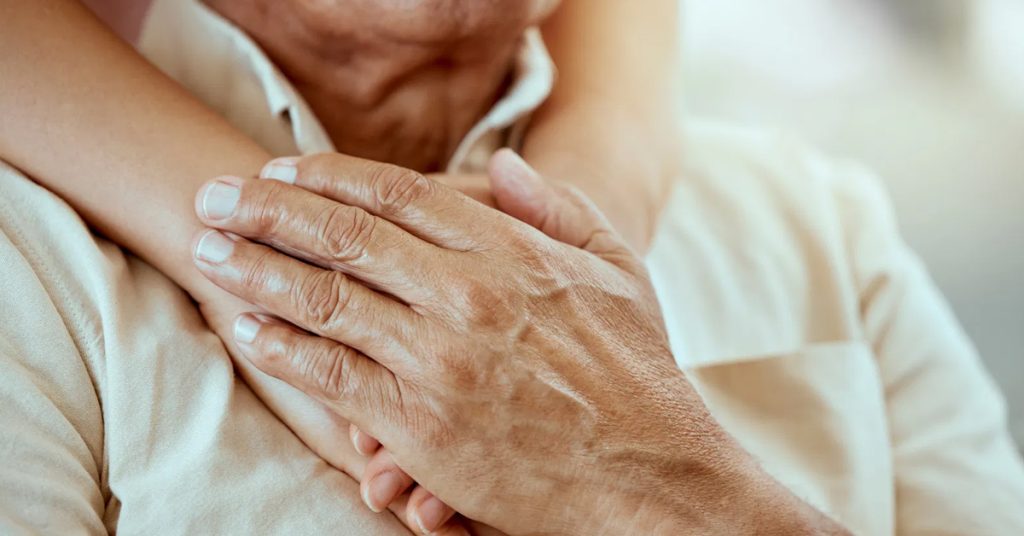
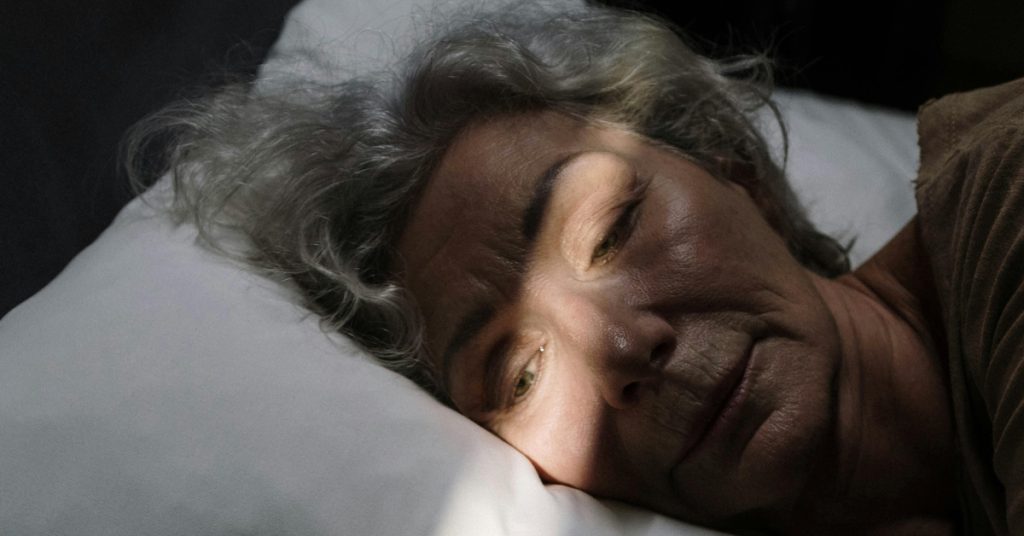
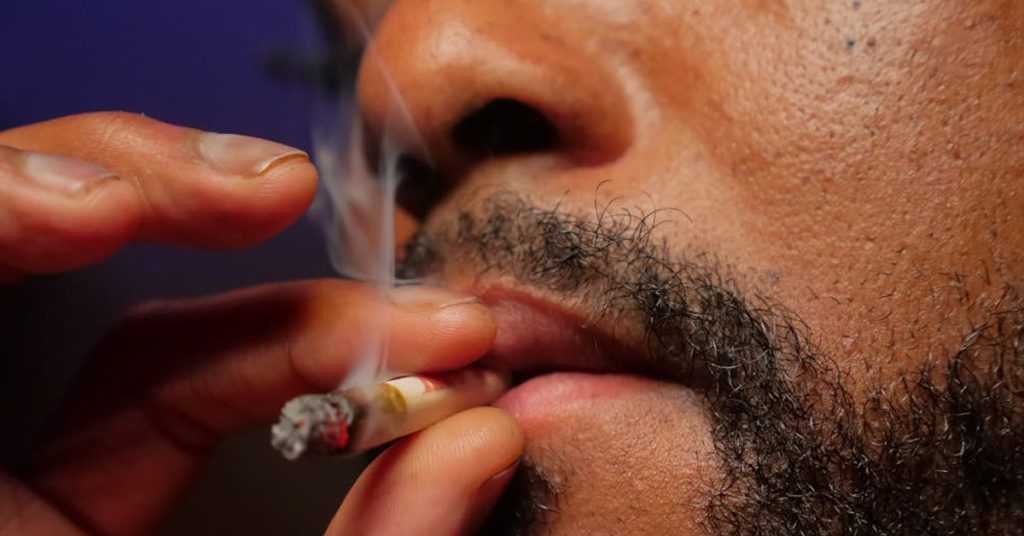

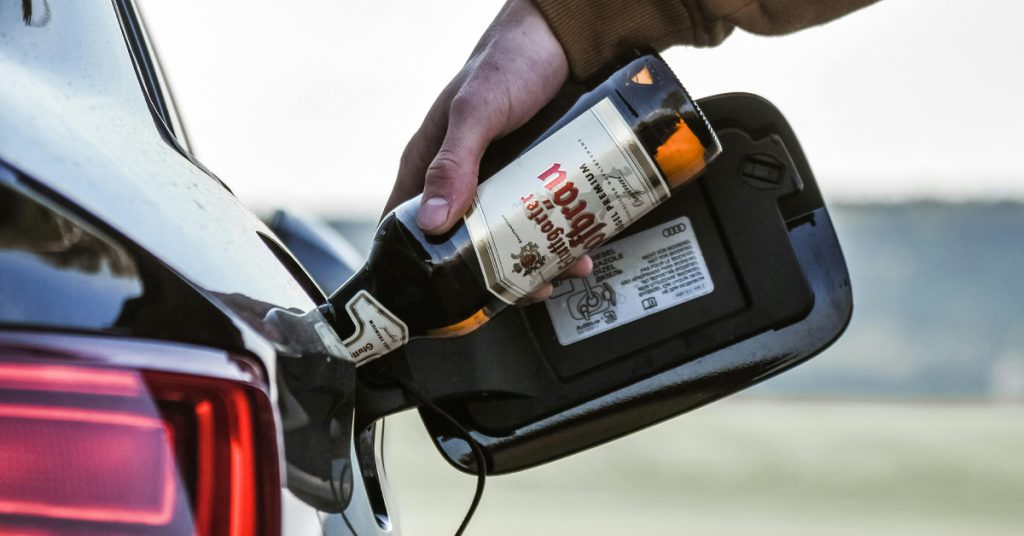
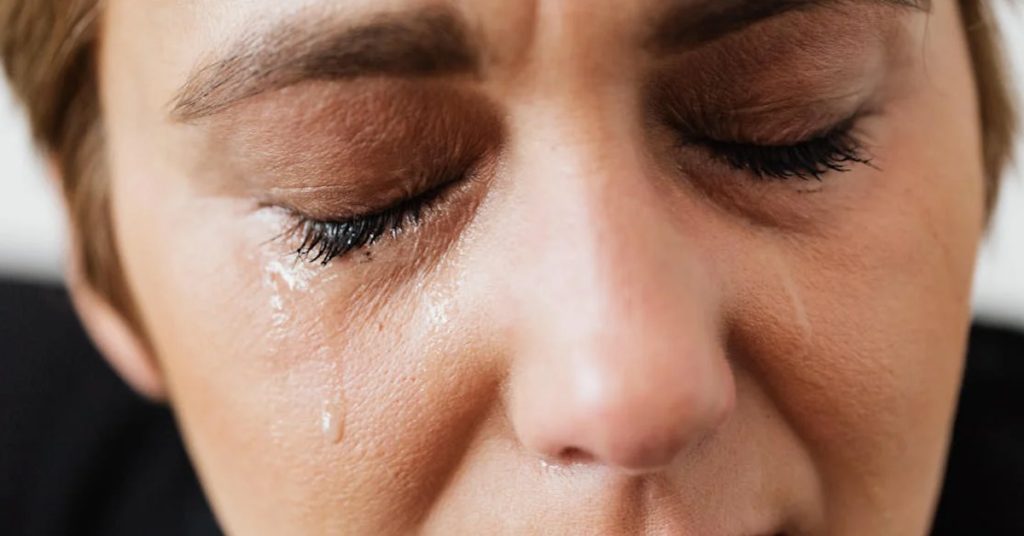
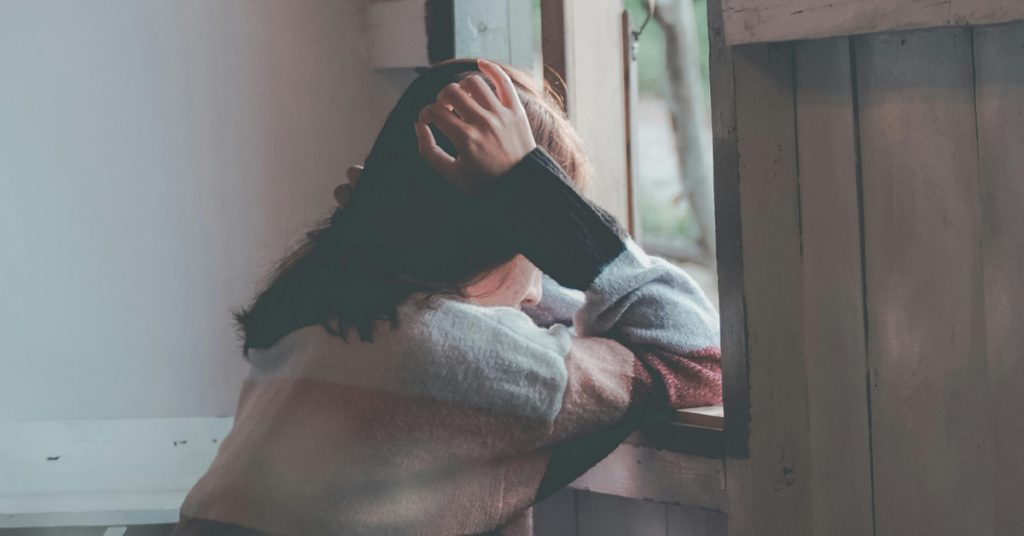
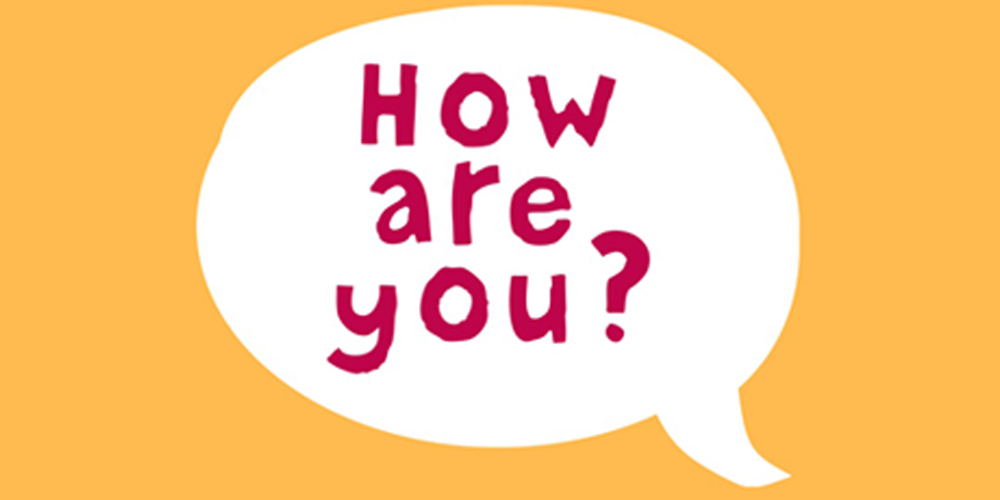
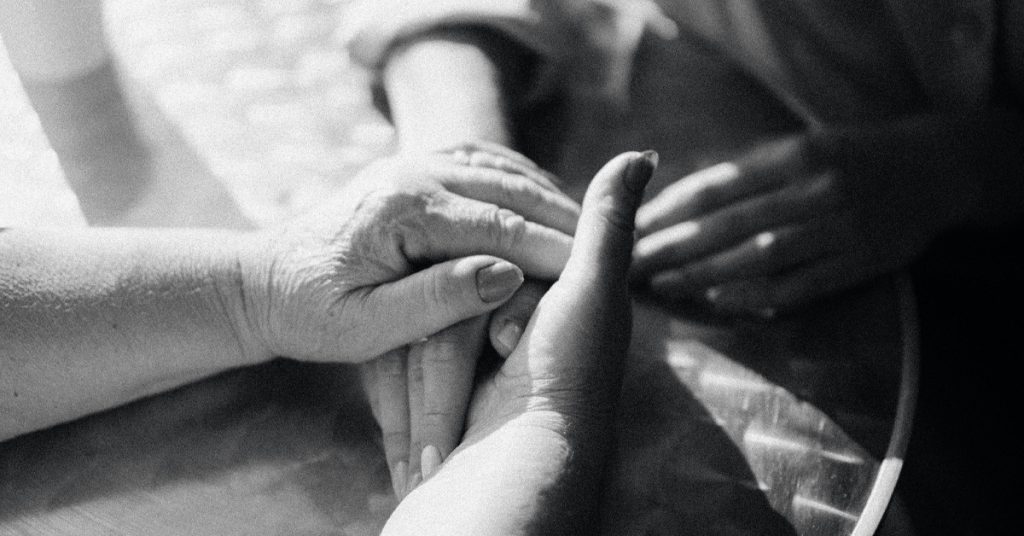
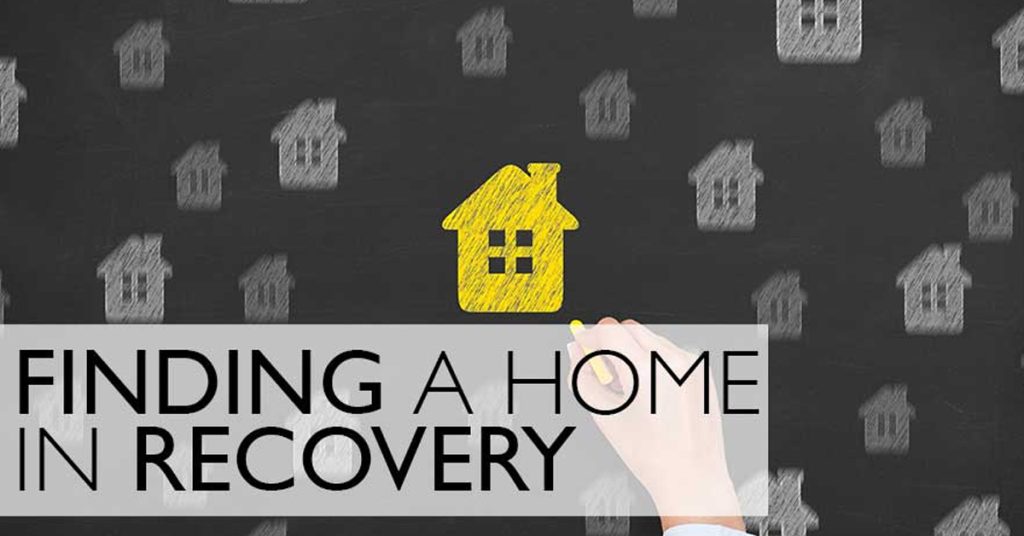
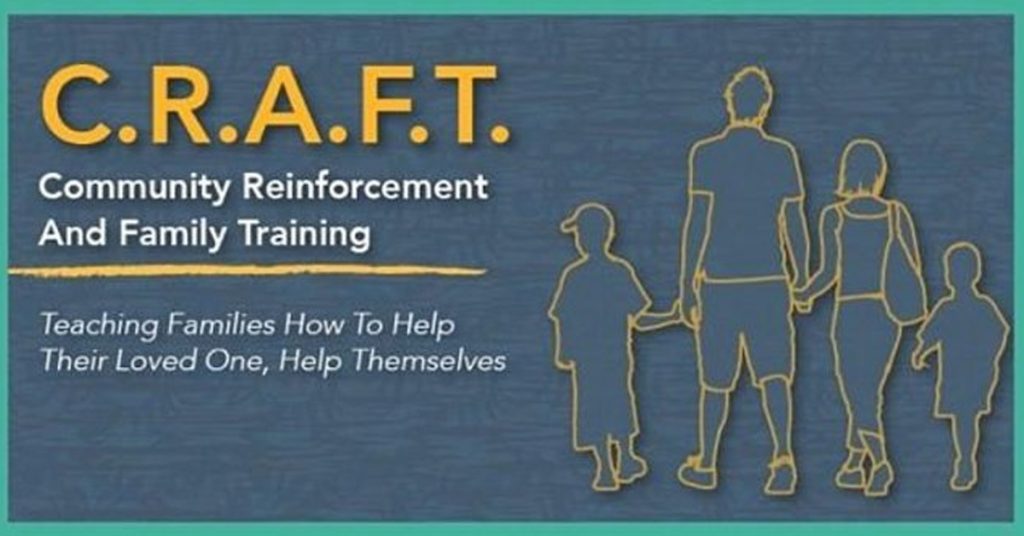
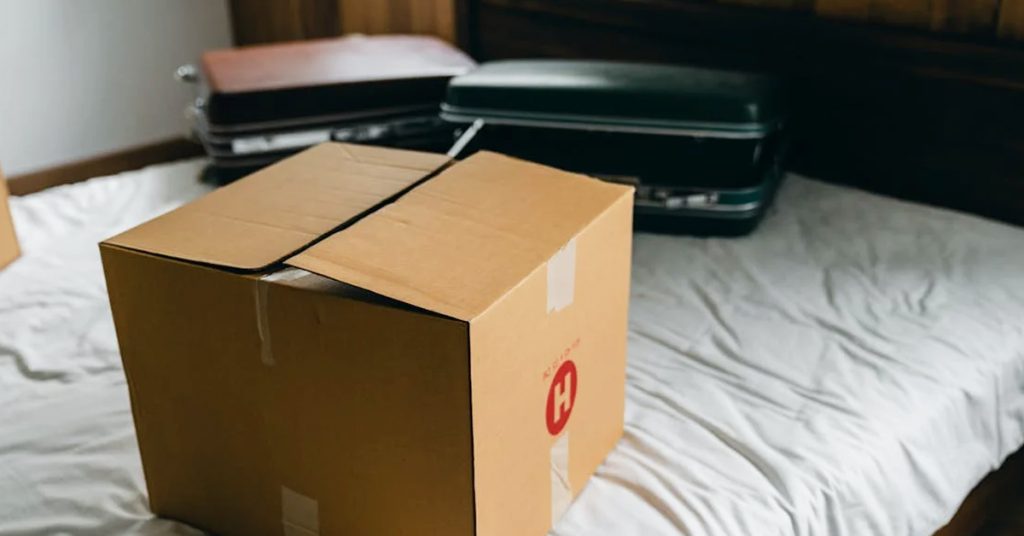

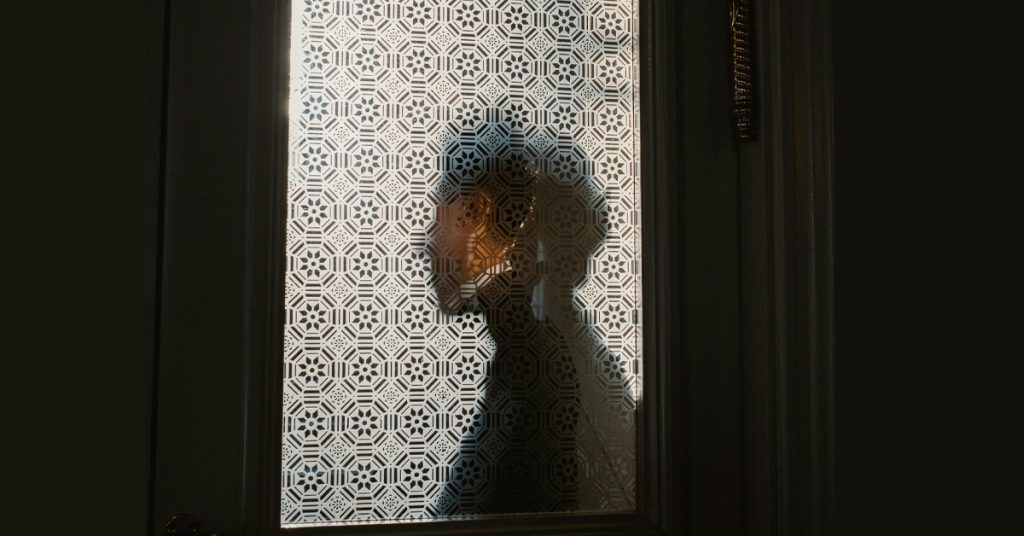
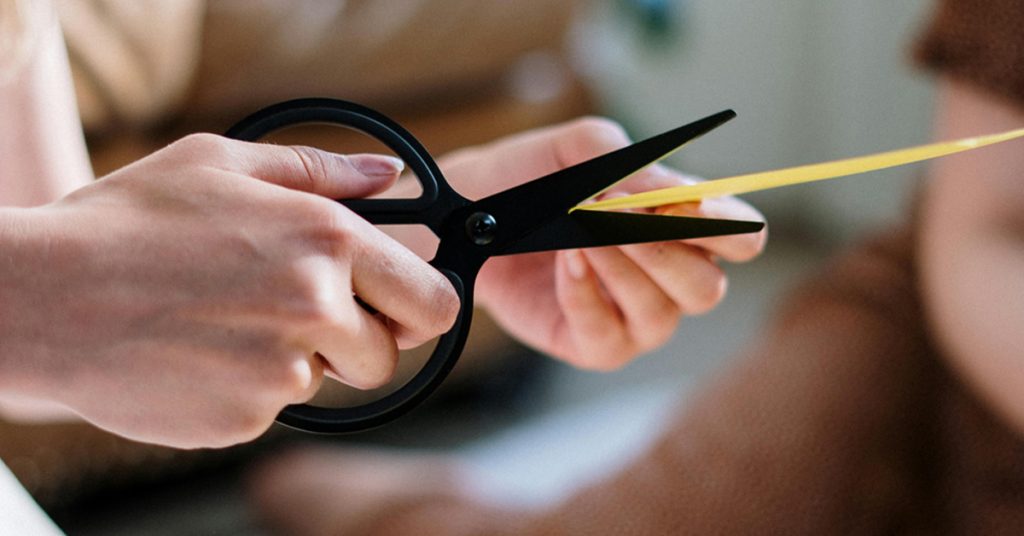



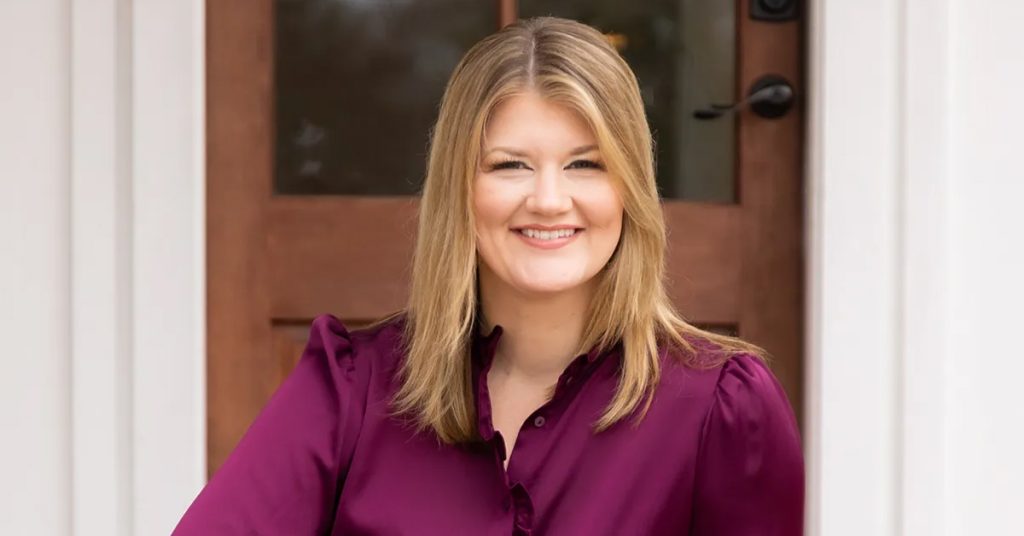
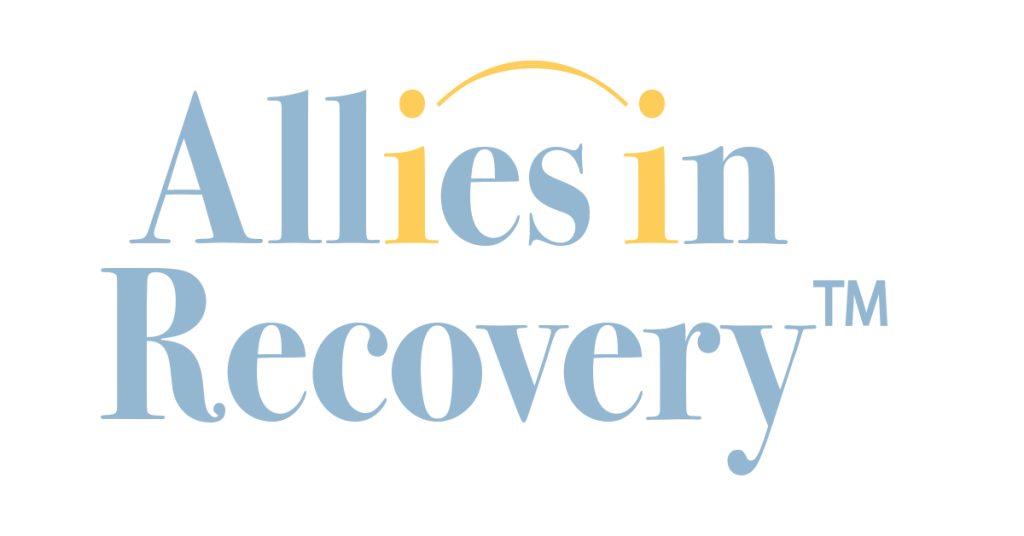


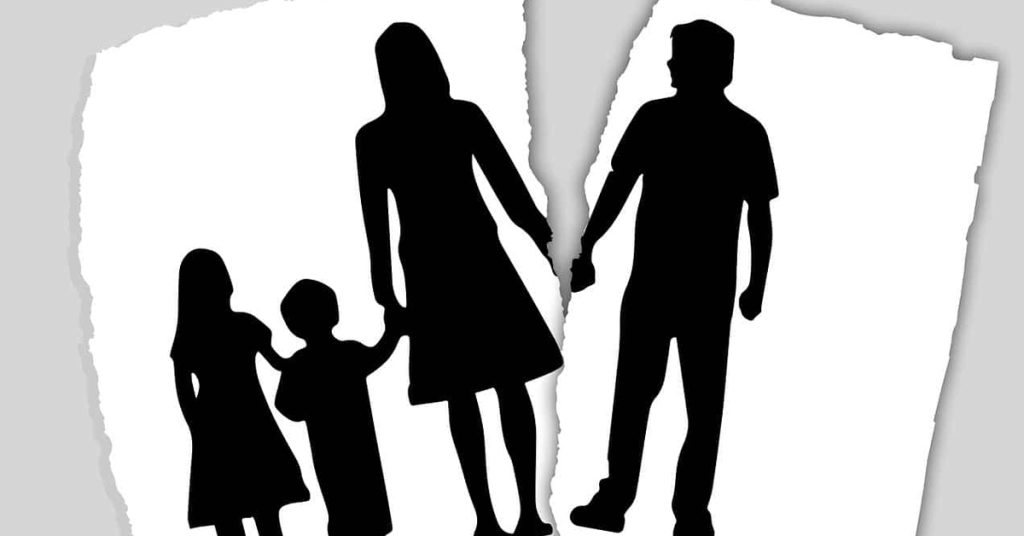
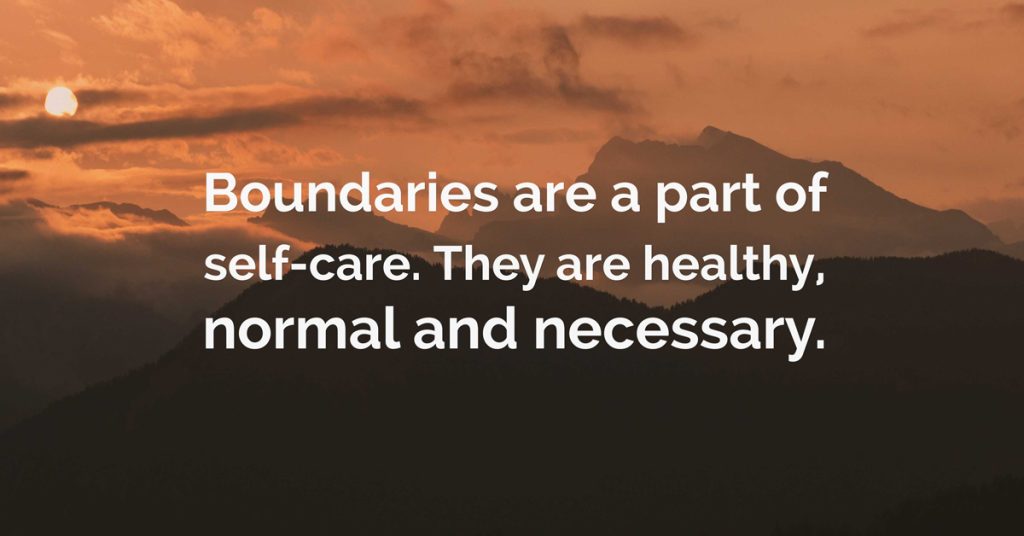
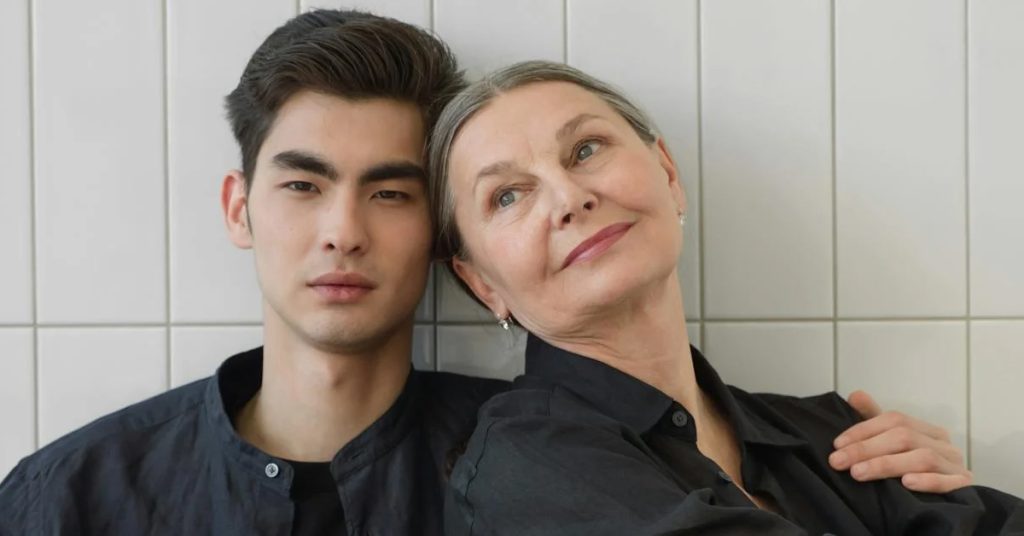



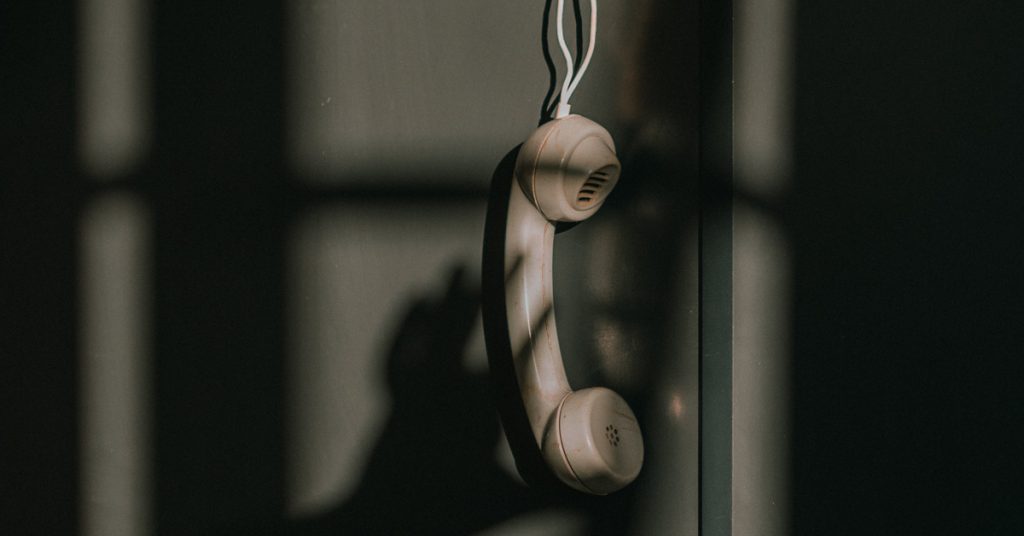

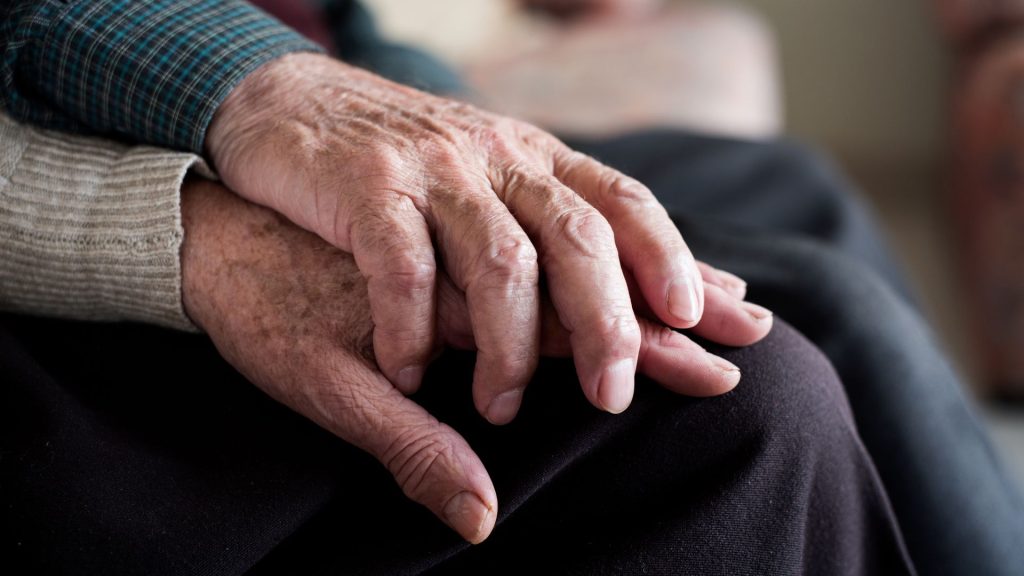

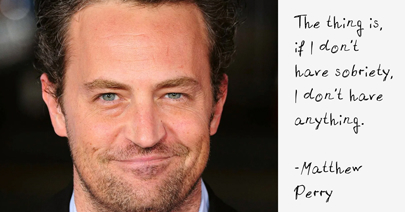


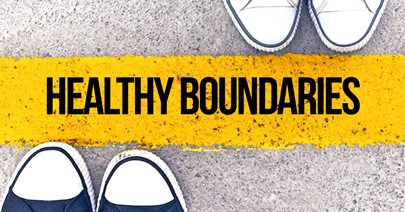

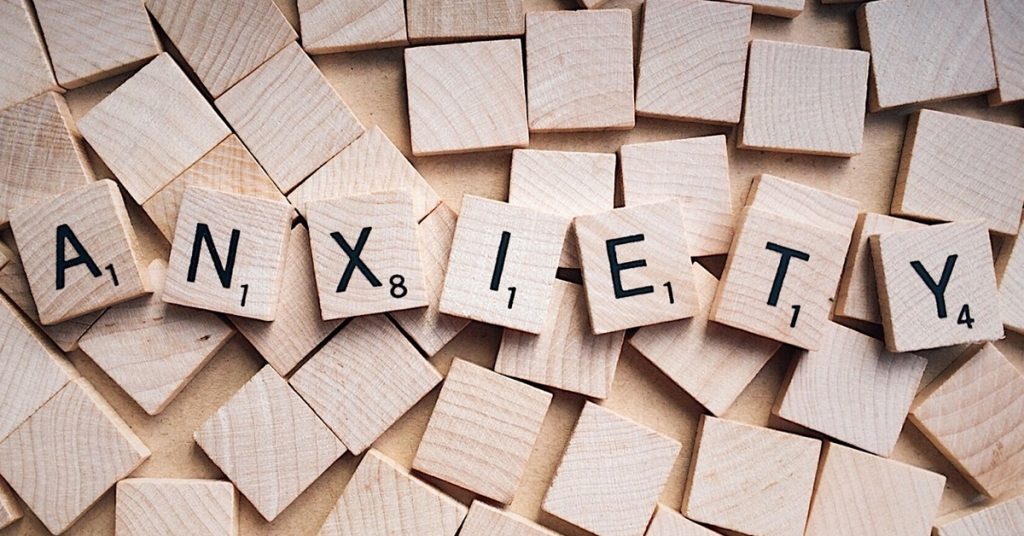
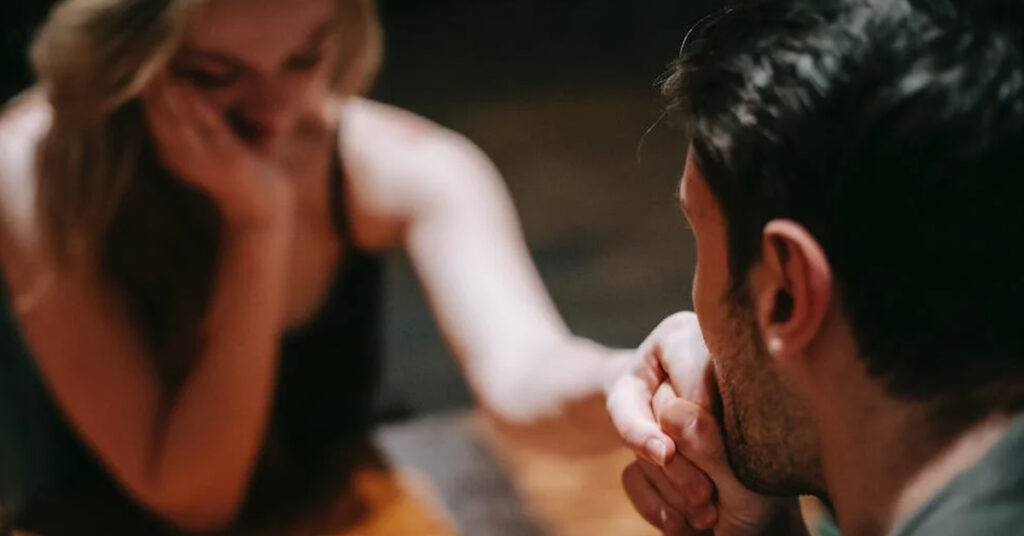
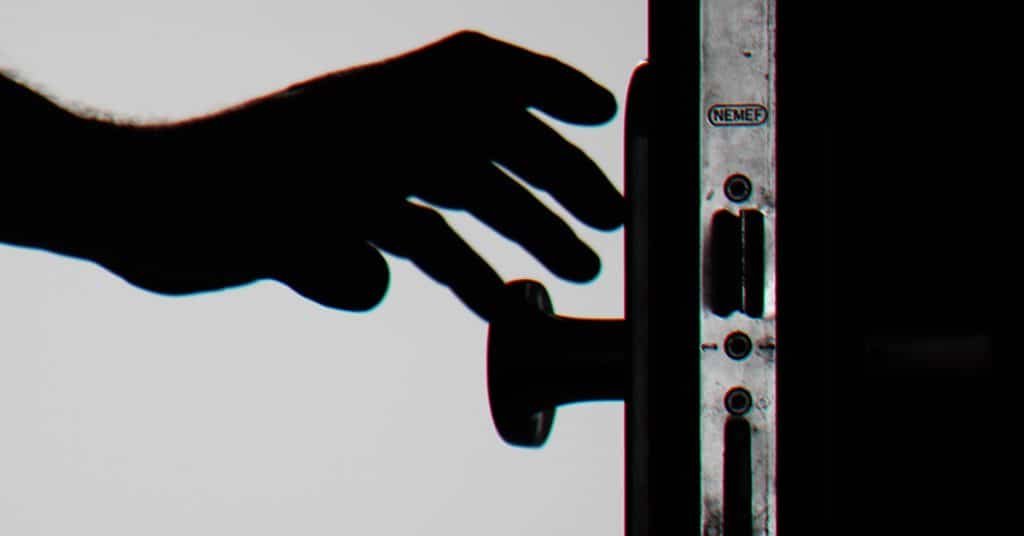
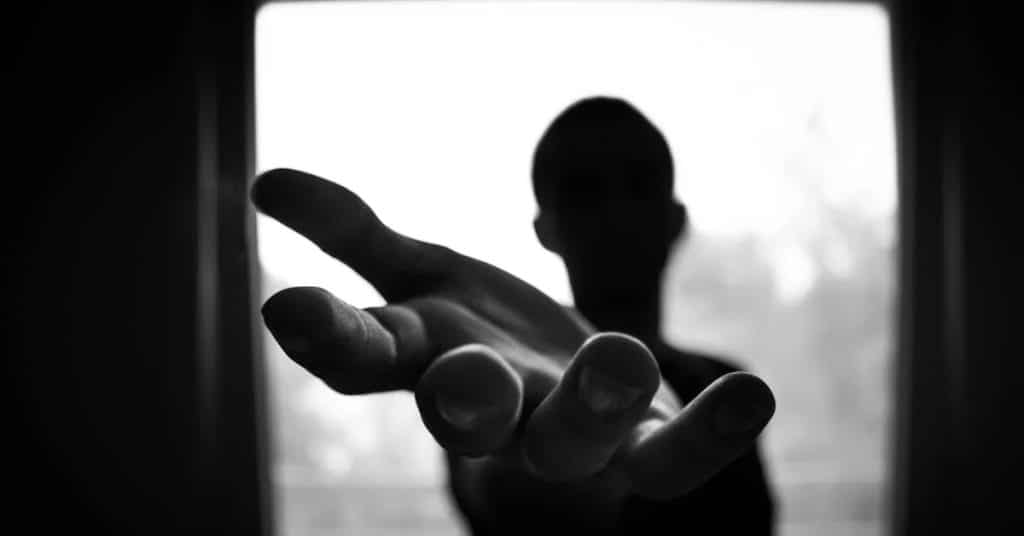

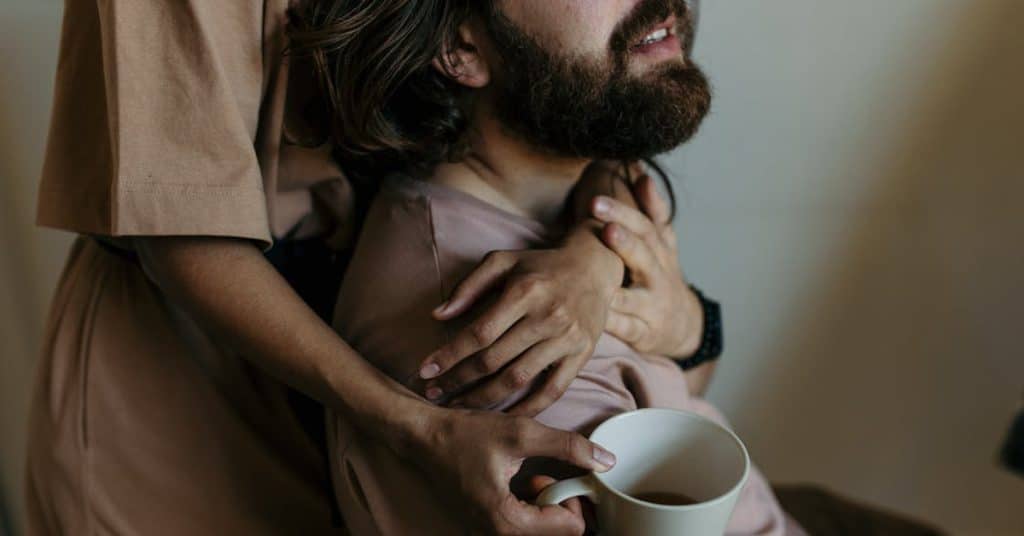
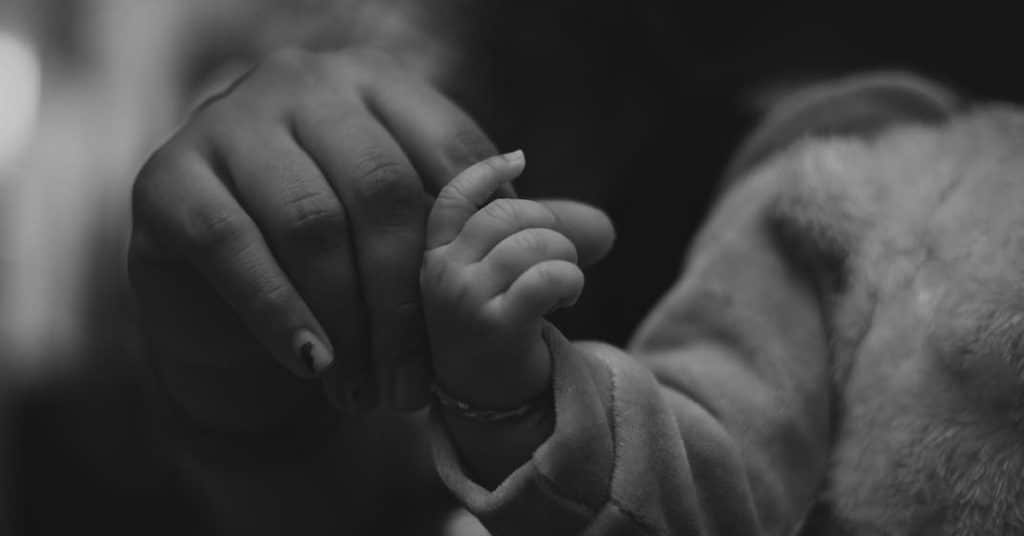
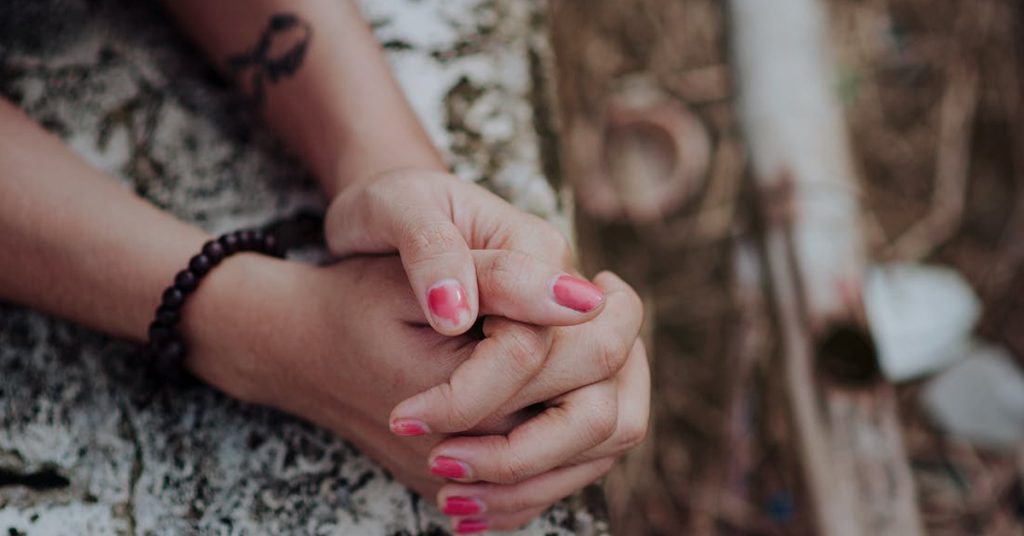
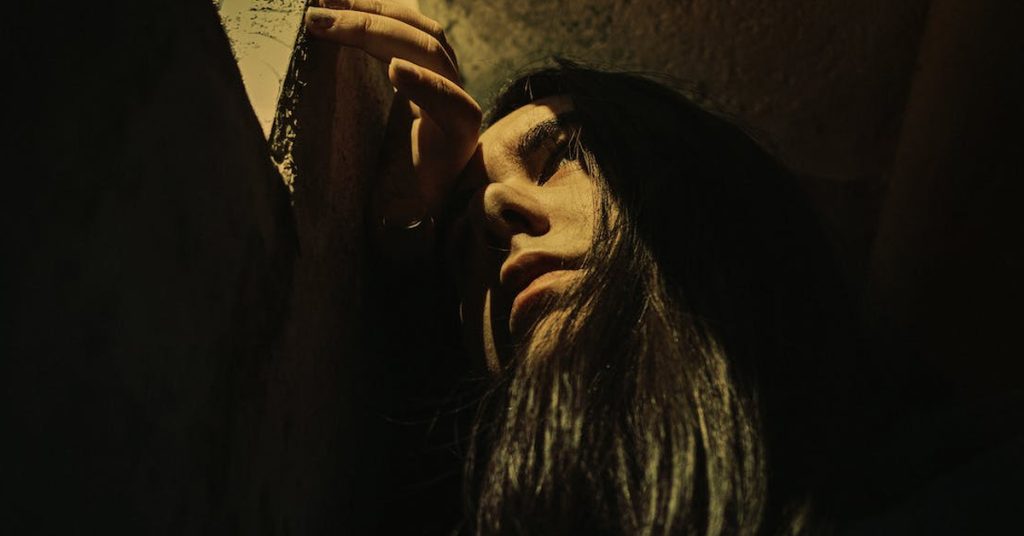
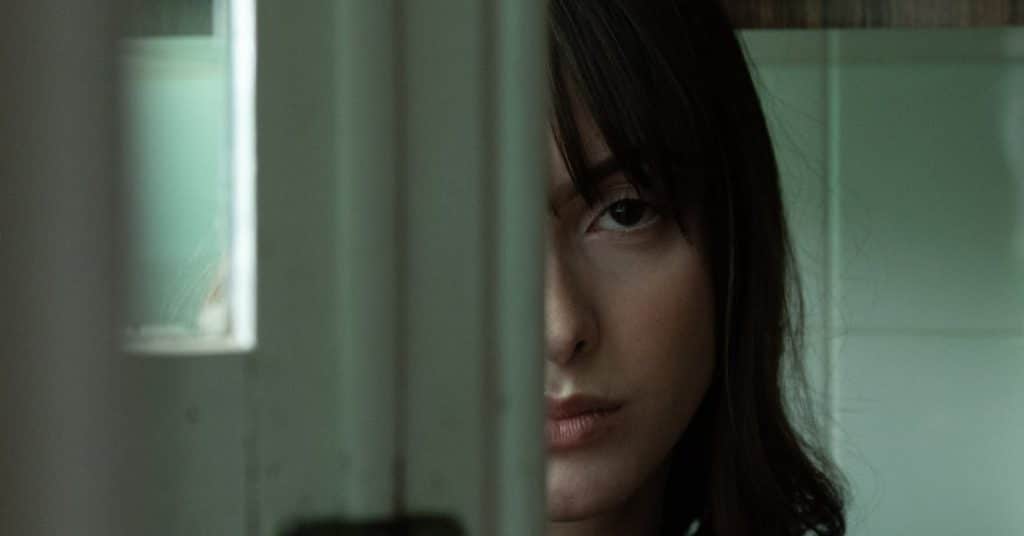
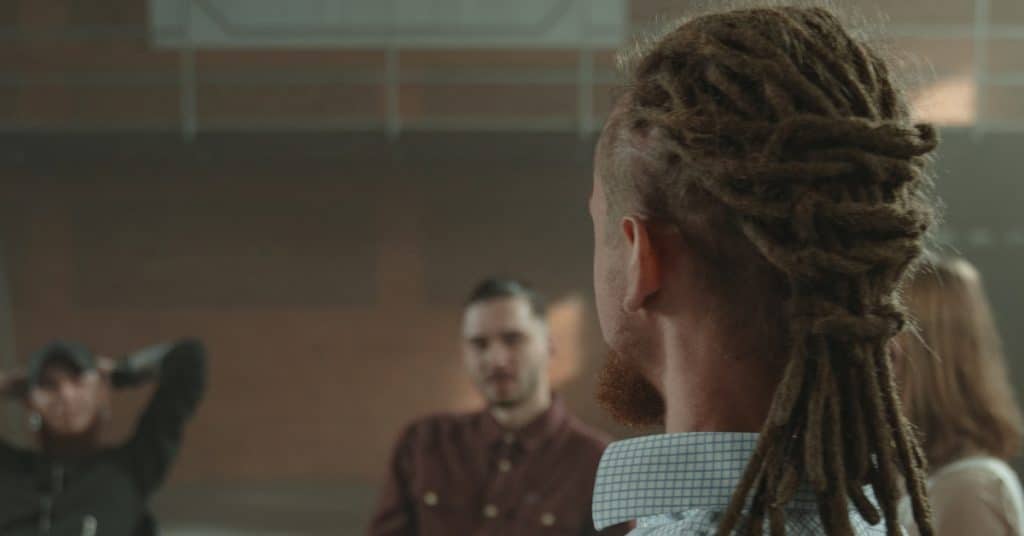


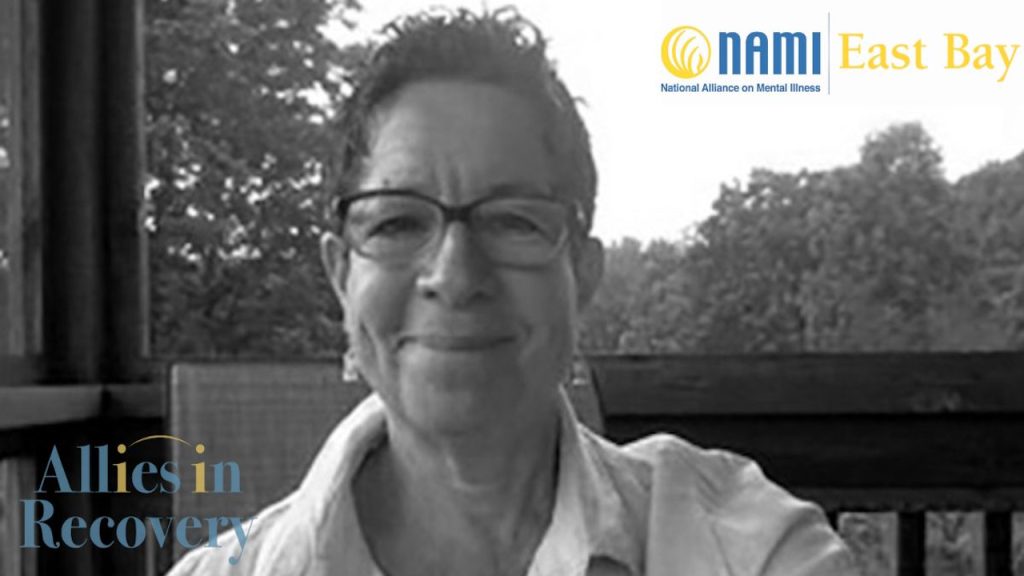
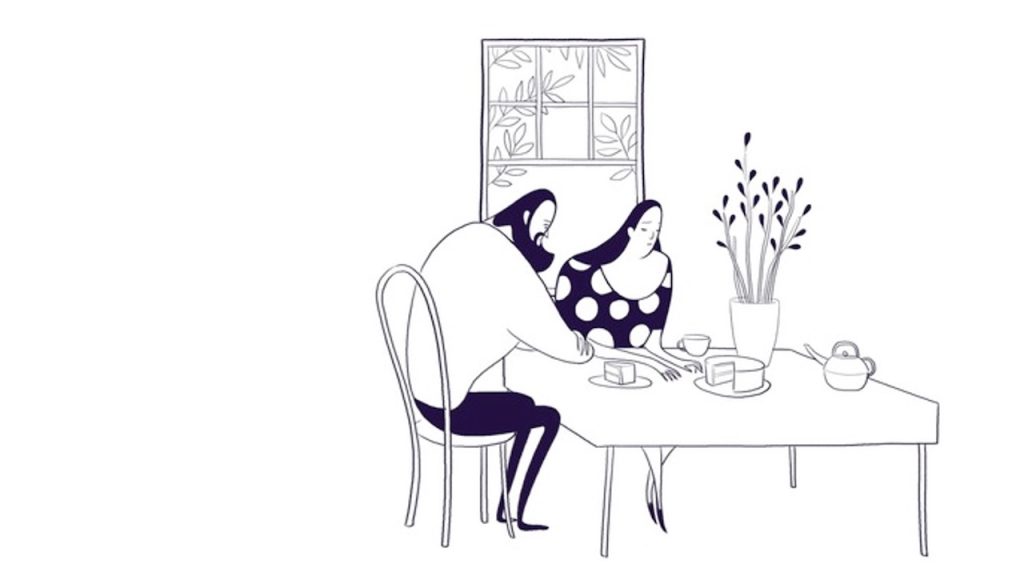



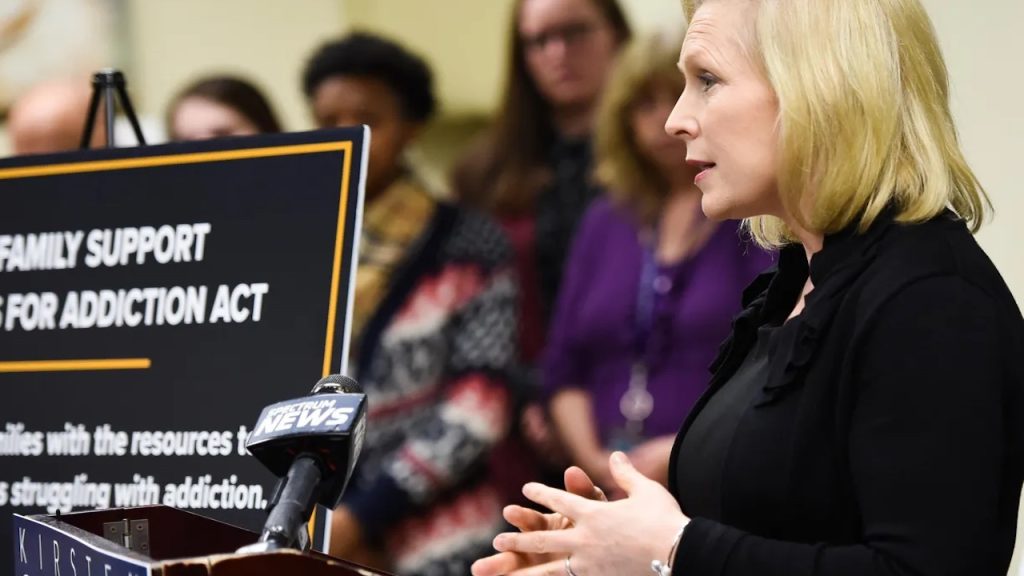

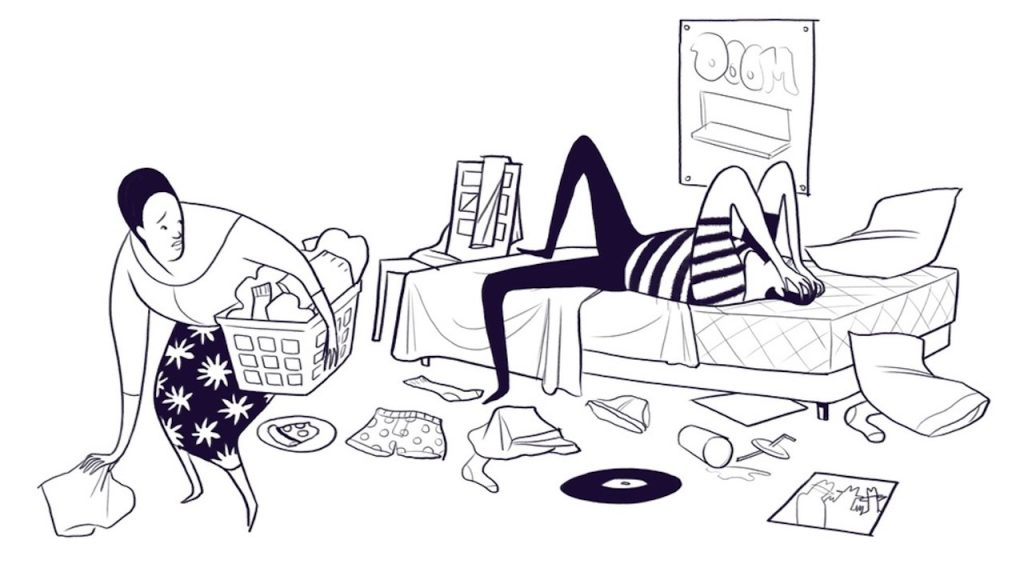
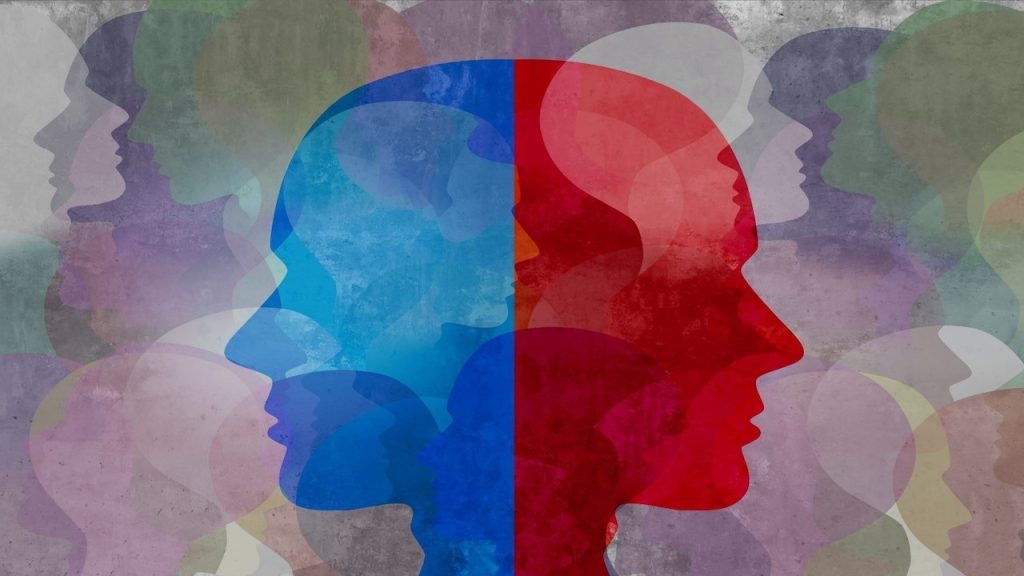

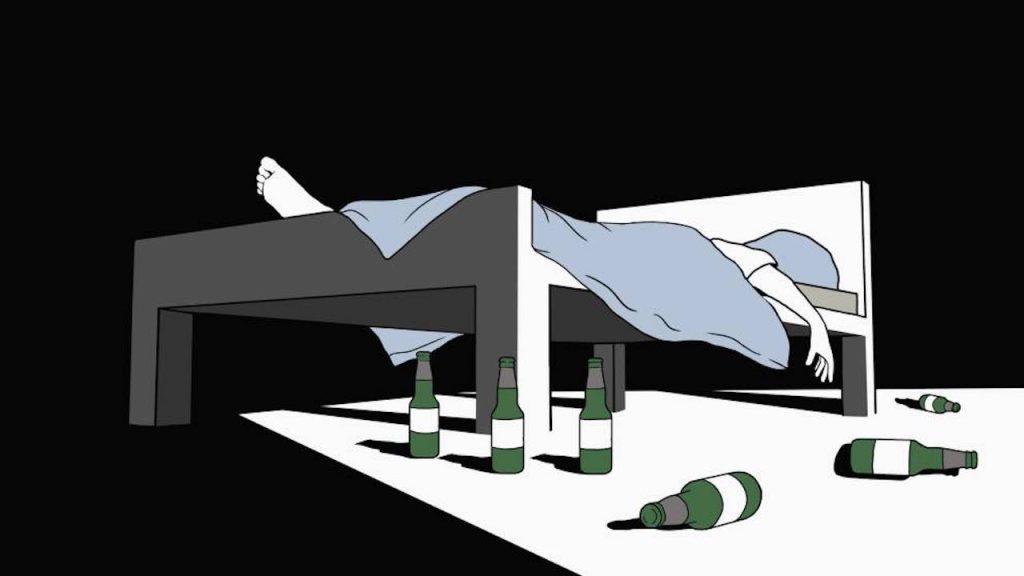

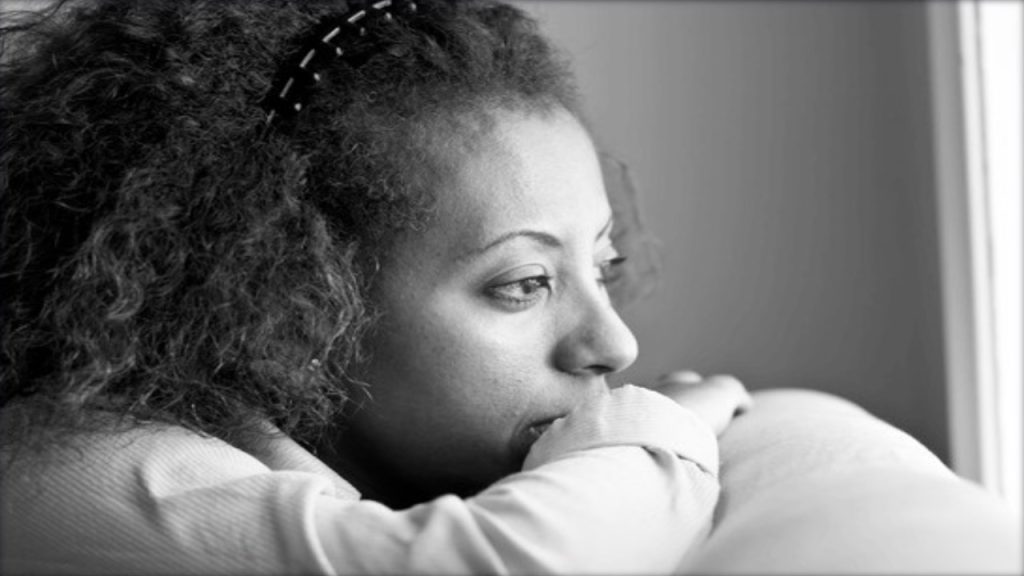

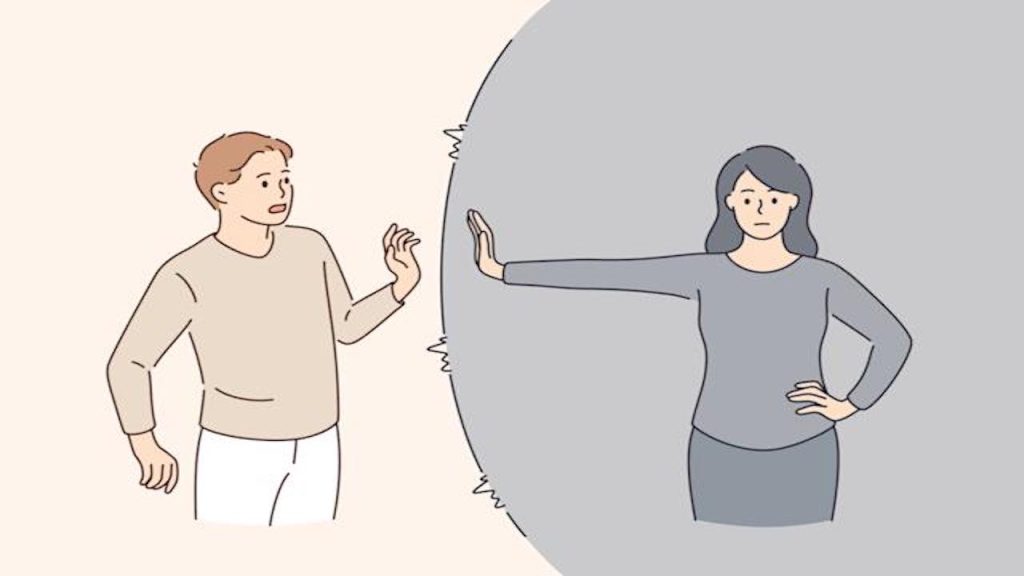

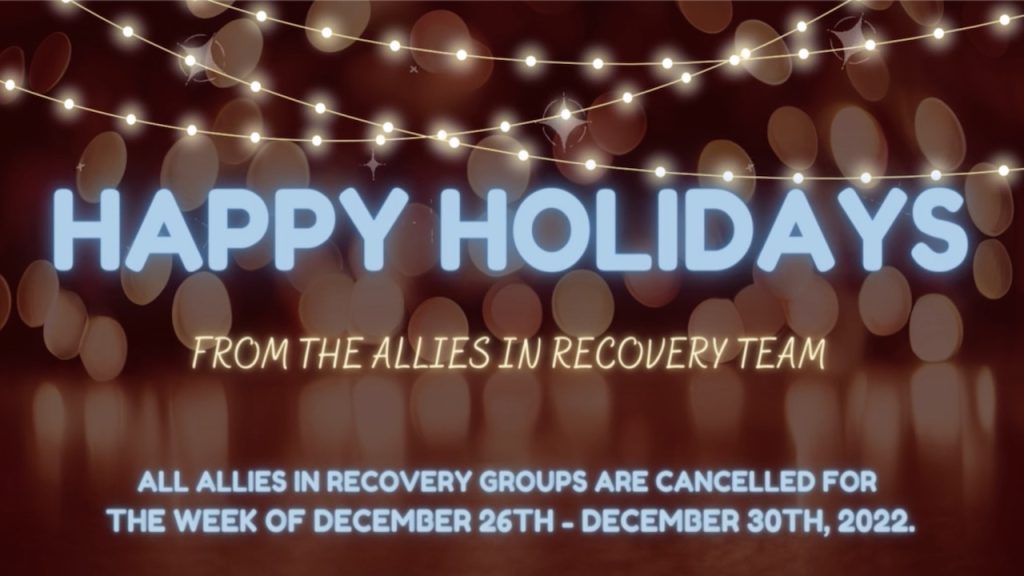
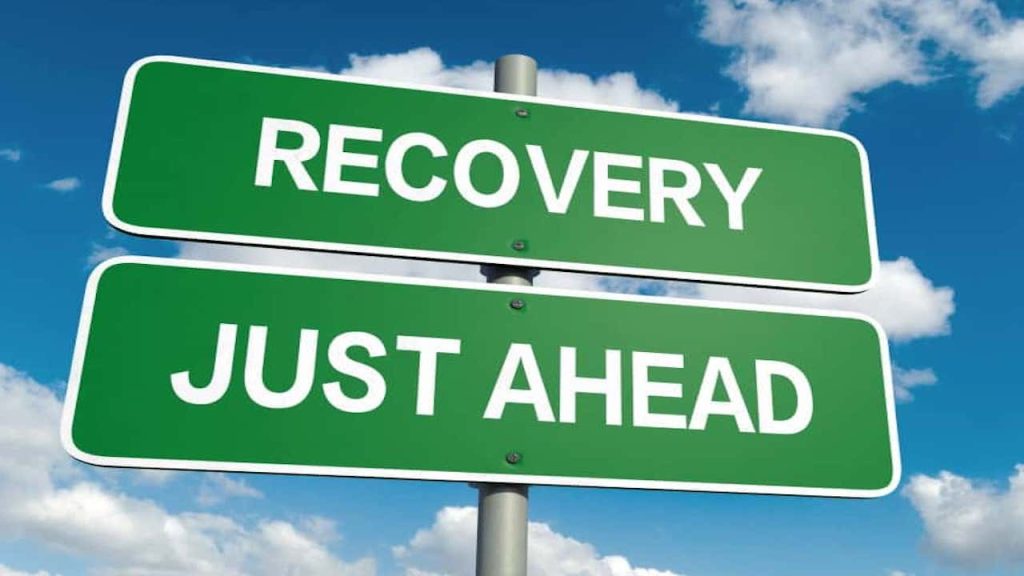


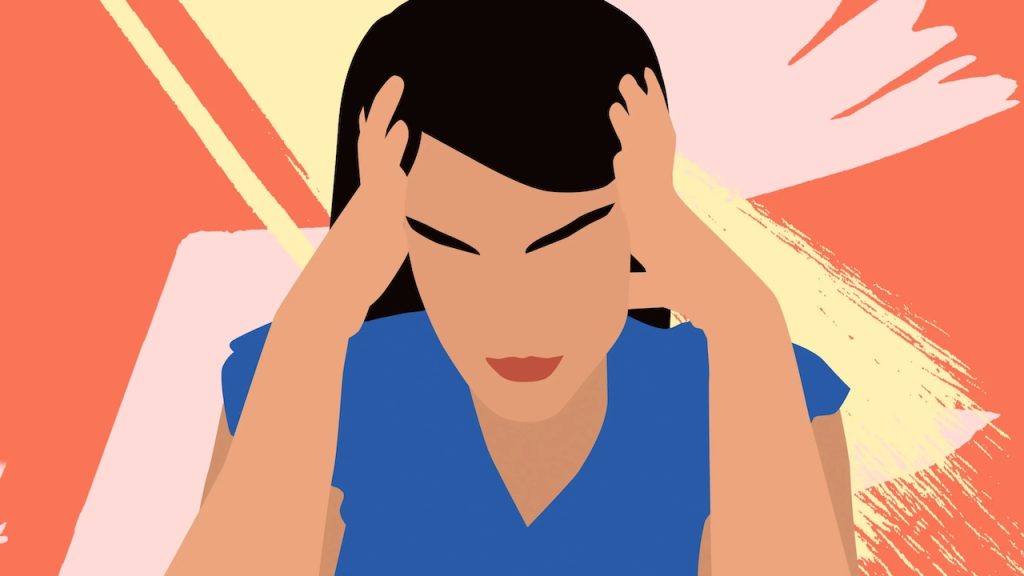
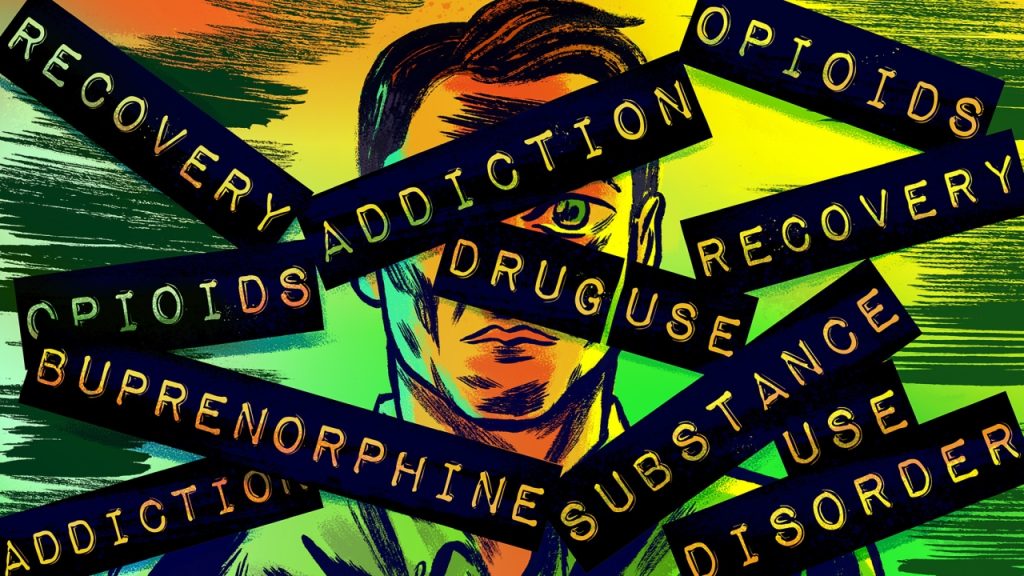

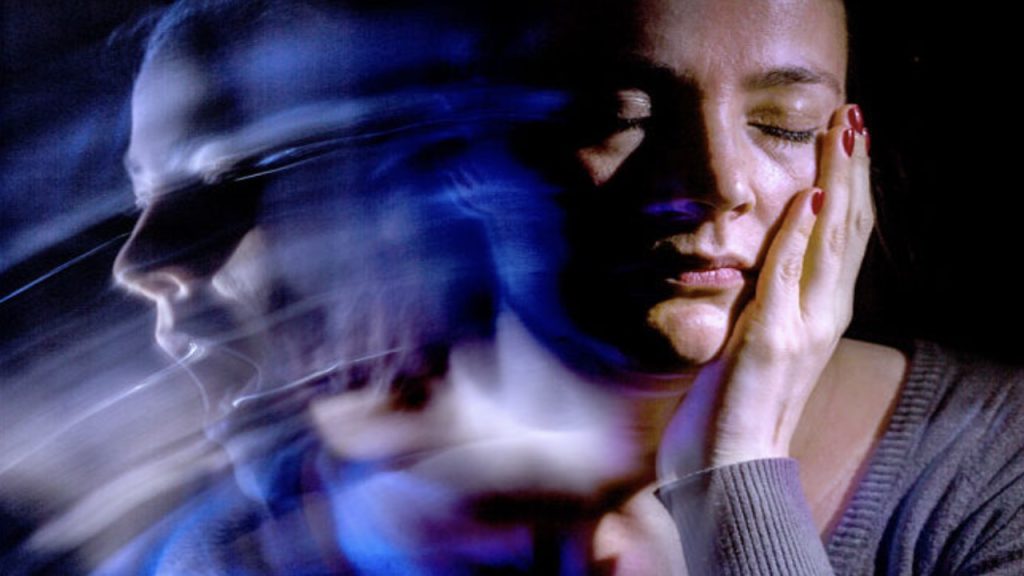

LEAVE A COMMENT / ASK A QUESTION
In your comments, please show respect for each other and do not give advice. Please consider that your choice of words has the power to reduce stigma and change opinions (ie, "person struggling with substance use" vs. "addict", "use" vs. "abuse"...)